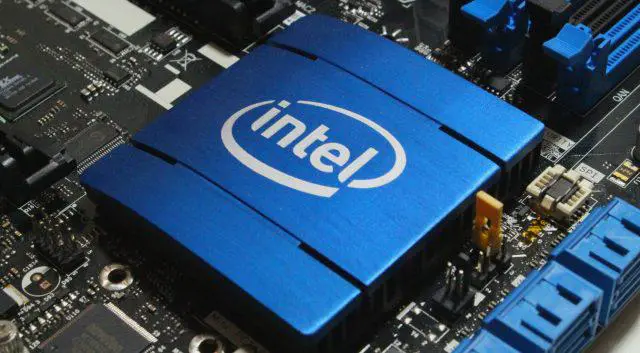Nearly three years after the downfall of ex-ruler Hosni Mubarak, Egypt still struggles to find a way out of chaos, as negotiations remain almost a mission impossible in the deeply polarized nation.
After an Islamist coalition led by the Muslim Brotherhood offered "talks" for the first time in mid-November, optimists see a glimpse of hope for a peaceful and democratic transition in the North African country.
But the military-backed government did not respond to the appeal, while almost daily street protests against the army did not lose momentum even though thousands of leaders of the Islamist group have been arrested.
ENDLESS CLASHES
Despite the lifting of the three-month-long state of emergency and curfew, security forces backed with armored vehicles remain on streets, trying to put everything in order in Egypt's major cities.
Authorities declared overnight curfew on Aug. 14 after the military's suppression of two major Islamists' sit-ins against President Mohamed Morsi's ouster.
The 62-year-old was toppled on July 3 in what his supporters claimed a "military coup," after millions of Egyptians, enraged by Morsi's self-centered one-year rule, marched in streets demanding his stepping down.
The ensuing detention and trials of Morsi, the Muslim Brotherhood's spiritual leader Mohamed Badie and other senior officials fueled the anger of Islamists, resulting in a vicious cycle of protests and crackdown that further ruined the staggering national economy and threatened the life of Egypt's 85 million population.
Analysts say that the Islamist campaign against the army-backed transitional government will continue at least in the months to come.
Abdel Rahman, a political expert with the Suez Canal University, said the Muslim Brotherhood is trying to put pressure on the new government by frequent marches. "They want to make the country out of control," he said.
SLIM CHANCE FOR RECONCILIATION
Egypt is now free of the devastation of a civil war, but flounders about to heal the deep political wounds that took shape after Morsi's election in June 2012.
The thirst for power made the political green-hand and the Muslim Brotherhood behind him reluctant to give in.
During his short-lived career as president, Morsi attempted to rewrite the constitution in a bid to collect more powers. Even on the eve of his ouster, he defied a deadline for negotiations set by the military led by Defense Minister Abdel Fattah al-Sisi who is now Time magazine's 2013 "person of the year," losing the last chance of peacefully settling down the domestic dispute.
The interim government, supported by liberal and moderate Egyptians longing for tranquility, will hardly give the Muslim Brotherhood any more chance in the political tug-of-war.
Even though the Muslim Brotherhood accused the military of crushing the fruits of the January 2011 "revolution" and illegally removing the country's first democratically-elected president, authorities in late September shut down the oldest and most influential Islamist group in the Middle East, which claimed the government overstepped the jurisdiction and threw the country back to the old path of military regime.
To some degree, heavy-handedness of the military is indeed counterproductive or even dangerous, as it easily sparks violent counterattacks by Islamist extremists, therefore diminishing the hope for reconciliation.
In fact, terrorism has already made its way into the capital Cairo from the restive Sinai Peninsula after a suicide car bomb targeting Interior Minister Mohamed Ibrahim and an Islamist gun assault on a Christian church in post-Morsi months.
POLITICAL TRANSITION GEARING DOWN
In early December, a 50-member constitution-amending panel approved the final draft after a two-day article-by-article vote, paving the way for a popular referendum expected to be held in the second half of January of 2014.
As the first step toward democratic transition, the drafting lasted longer than expected, since all parties and organizations tried to take advantage of the chance to gain more rights and powers. Therefore, the government should make a balance between different interest groups, said Ahmed Fawzi, a professor of the Beni Suef University.
The draft constitution curbs religious effects on politics, tries to avoid strong involvement of Islamist loyalists, and most contentiously, confirms the military's privileges. Yet, fears were raised that the country might return to the old days when the military dominated politics.
Strongly opposing the military and the entire transition process, the Muslim Brotherhood will likely to stage more protests to try to derail the new document as well as the referendum and elections.
As a result, the interim government that was supposed to focus on reforms and development needs to spend more of its fortunes and energy on controlling the situation, said Rahman.
The Muslim Brotherhood's refusal to work with authorities underlines the difficulties the latter confronts in trying to stabilize Egypt and sew the political rips, Fawzi said.
 简体中文
简体中文

